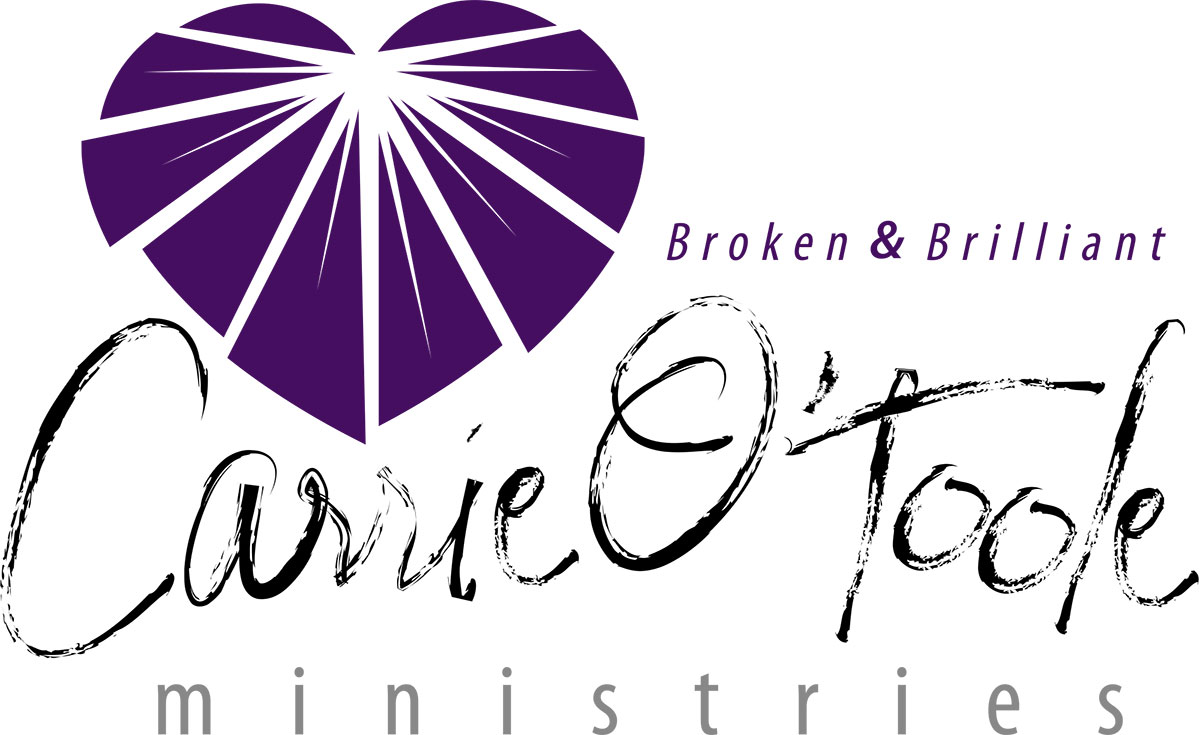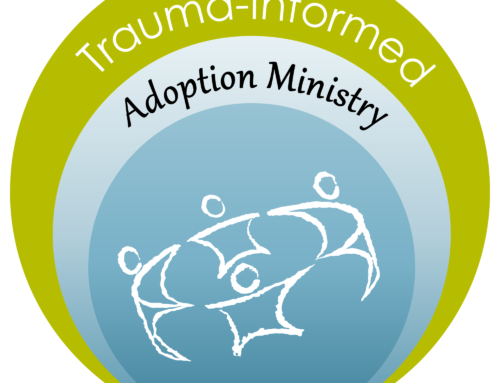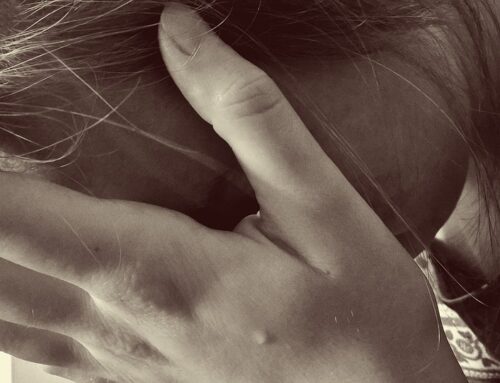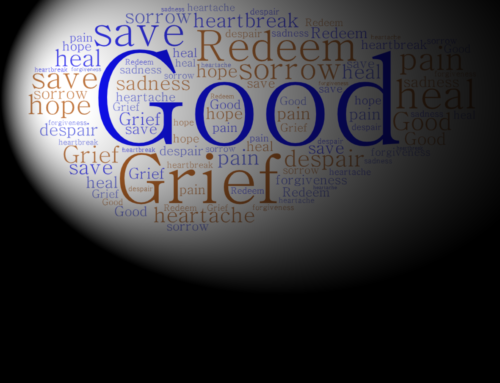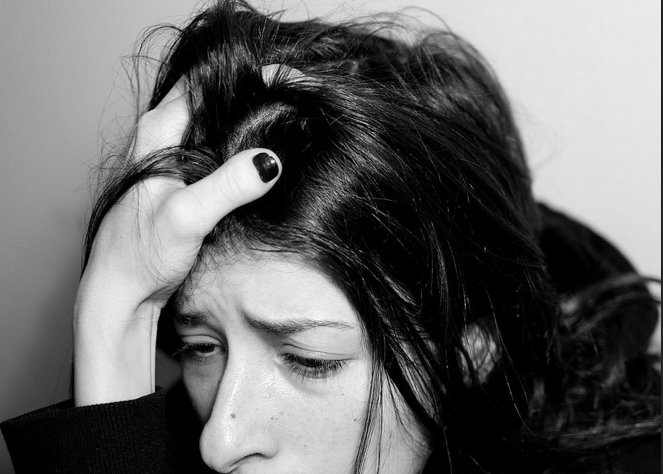
Colorado Life Coach: Becoming The Least Of These
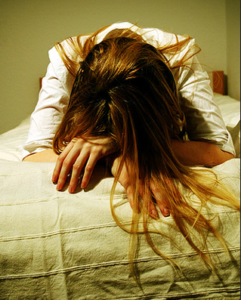
“And the King will say, ‘I tell you the truth, when you did it to one of the least of these my brothers and sisters, you were doing it to me!” (Matthew 25:40)
Maybe you’ve heard this verse before. Maybe you’ve thought about helping someone “less fortunate” than you.
This is good! Don’t get me wrong! As humans, we need to help each other. We all need help at some point, and when we’re doing well, it’s good to help those who are struggling.
I believed I had something to offer others, so I set out to do that. In the process, I became the one who needed help. Can you relate?
When I was seven, we adopted my brother from Vietnam. Adoption was normal to my family. I didn’t understand why some people questioned us about it. “Is it weird having an adopted brother?” “What made you want to do that?” To me, it was weird that more people didn’t adopt. I mean, if there are kids out there who don’t have parents, and you have an extra bed, can’t you bring one of them home? This was my seven year old thinking.
Fast-forward twenty years. My husband and I wanted to have children, but struggled with infertility and miscarriage. We adopted our son Brendan at birth, and then had our biological daughter Katie, 15 months later. When they were seven and eight, we decided to adopt again. I remember thinking that we had enough room, enough money, and enough love to share with at least one more child. Maybe we could bring in a child who didn’t have a family. That’s adoption, right?
I love adoption! I think it is a wonderful option when biological parents, for whatever reason, can’t take care of their child.
What I didn’t understand before, is that adoption is only possible because of loss. Maybe I sensed this, but no one talked about it. We all hear about how wonderful it is to offer a child a home. What we mean is, “We’re happy that we get to add to our family, and can’t wait for this little child to love us in return.”
Here’s the problem. Many children placed for adoption are traumatized. They didn’t have a choice in this whole situation. Maybe we think we are helping some poor child, but have we thought about what their life has been like until now?
We adopted our son, Sam from a Vietnamese orphanage when he was 3 1/2. It was the only world he’d ever known. He had never been outside the gates before we took him away from everything familiar: his friends, his home, his bed, his caregivers, his food, his language, his history, his culture. We brought him home because he was “the least of these,” and we had something to give.
Over the years, the toll of parenting a traumatized child with Reactive Attachment Disorder (RAD) became more than I could handle. I remember the day I thought, “I started out with the intention to help ‘the least of these,’ but now I am ‘the least of these.'” I couldn’t do it anymore. My body was falling apart. My emotions were falling apart. My mental health was falling apart. My family was falling apart. I couldn’t heal my son. I couldn’t help him trust me, or attach to me, or want to be part of our family. I couldn’t do it.
I was now the “least of these.”
And I was alone.
We made the heartbreaking decision to place our son with another family from our church. He seemed to do better there. He was less anxious. He was oldest, and didn’t feel the need to fight for position. It’s actually way more complicated than this, but I don’t have room to expand in this blog. If you’d like the full account, please read my book, Relinquished: When Love Means Letting Go.
The loneliness was physically painful. Have you ever made a choice that was not socially acceptable? If so, you may have a glimpse of what I’m talking about. We lost our child. I lost my son. Our family went from five to four. It felt like cutting off a limb, and trying to continue living.
My family grieved differently, and it was ugly. We didn’t have a funeral for the loss of our child. There is no “Relinquishment Day” when we post pictures of the children we used to call ours, but now live with other families, or in group homes, or therapeutic foster homes. We lost our small group, our church, many friends and family members because of our decision. I’ve been called a monster online.
It’s been 5 1/2 years since I’ve seen my son.
In that time I’ve done a lot of healing, had lots of counseling, earned my master’s degree from Liberty University, and founded Carrie O’Toole Ministries.
I learned along the way, that we’re all “the least of these” at some point, and it’s arrogant to think otherwise. My hope and prayer is to help others understand the importance of attachment and the effects of trauma on children. I desire to bring awareness to the adoption and foster care communities, because it does not help a child, when he enters a home unprepared to deal with his trauma, and the family falls apart. I’d love to help counselors understand the nuances of treating families raising children with RAD. Ultimately, I want to bring awareness to the societal need for early intervention with childhood trauma and attachment.
People’s lives are at stake!
~Certainly the children, who will need to overcome so much to be able to have healthy relationships.
~Definitely the families who love them.
~The counselors, therapists, teachers, coaches, pastors, and all who love these children.
~Our society. When children grow up without learning to trust, without learning cause and effect thinking, without consciences, and without empathy, society is in trouble.
Carrie O’Toole, M.A. is an Attachment-Based Intervention Specialist and founder of Carrie O’Toole Ministries. She serves on the board for the Institute For Attachment and Child Development in Littleton, Colorado. Carrie uses her coaching, writing, speaking and podcasting to help others overcome relationship difficulties. She is the author of Relinquished: When Love Means Letting Go and a Board Certified Christian Life Coach. Carrie and her son Brendan are producing their first documentary on adoption.
